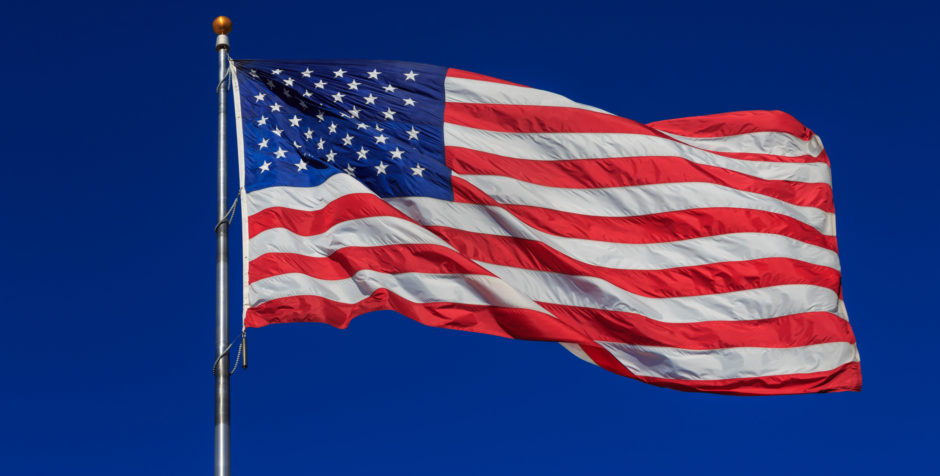What Independence Day Still Means Today
The Fourth of July, Independence Day, is the central and most important of American holidays, both for the history it commemorates, the principles it embodies, and the future hopes and dreams it represents. This holiday knows no distinction or separation of its celebrants based on religion or creed. All United States citizens share in this day of remembrance and celebration, whatever their religion, socio-economic status or background.
Two-hundred and forty-one years ago our ancestors embarked on what, at the time, was considered by most to be a grand human experiment. Can a government be formed that is truly by the people, of the people, and for the people – without eventually descending into chaos and anarchy? Can a government be formed and actually function, minus a monarch or autocrat, that truly guarantees the liberty of the individual? Most other nations were skeptical it would ever work.
Following the Constitutional Convention even some of our earliest citizens had doubts intermingled with their hopes. There is a story that, upon exiting that convention, Benjamin Franklin was approached by a group of citizens one of whom asked what sort of government the delegates had created, a republic or a monarchy? His answer was: "A republic, if you can keep it.” However, the brevity of that quip from Franklin must not cause us to de-value its meaning: constitutional republics are not merely founded upon the consent of the people. These republican-style democracies are also dependent upon the support and informed involvement of the people. It is you, the citizen, which makes this grand experiment work.
It is easy to take liberty for granted, and to not understand just how difficult it was to gain our freedoms 241 years ago. The Revolutionary War was long and costly—the second-longest conflict in American history. The 50,000 or so casualties on the American side are roughly equal in number to the U.S. soldiers killed in Vietnam. However, this was when there were fewer than three million people living in the thirteen colonies. When our founders pledged “our lives, our fortunes and our sacred honor,” there was a distinct possibility that they would lose all three. The formation of our nation was dangerous and risky.
But as fragile as America was at the time of its founding, there was much in the population and culture that made for consensus and cohesion: a common language; a solid belief in the principles of English common law; a widespread belief (though in diverse forms) in the Judeo-Christian faith; the shared revolutionary war experience; and an economic environment which promised Americans the ability to rise above class or the circumstances of their birth in order to seek wealth and success.
The formation of the United States of America was a remarkable achievement. Marquis de Lafayette, a French ally who fought in the American War of Independence said, "Humanity has won its battle. Liberty now has a country." That country has been both a beacon for those fleeing persecution and a template for other countries seeking to establish a democratic form of government.
On this Independence Day, let's not forget that freedom is never free. Defending our freedoms – our way of life – requires sacrifice and vigilance – especially from the men and women serving in the Armed Forces. To the men and women around the globe – protecting our freedoms – thank you for your service. We must always remember the words of President Ronald Reagan: "Freedom is never more than one generation away from extinction. We didn't pass it to our children in the bloodstream. It must be fought for, protected, and handed on for them to do the same."
Let's not forget this Independence Day that we face very real enemies around the world who want nothing more than to destroy us and our entire way of life. These jihadists are working every day to extinguish our light and bring down our nation as a shining city upon a hill for all the world to see.
The foundation of our nation is still the words of the Declaration of Independence and the U.S. Constitution. Much of our work at the American Center for Law and Justice (ACLJ) involves defending these very things, including the First Amendment:
"Congress shall make no law respecting an establishment of religion, or prohibiting the free exercise thereof; or abridging the freedom of speech, or of the press; or the right of the people peaceably to assemble, and to petition the Government for a redress of grievances."
Most Americans understand what's at stake. They appreciate our country and our constitutional republic. And they understand we cannot take these freedoms for granted.
The Declaration of Independence and the Constitution – frameworks for freedom – are as vital today as when this country was formed. The grand and noble experiment of the United States of America lives on.
